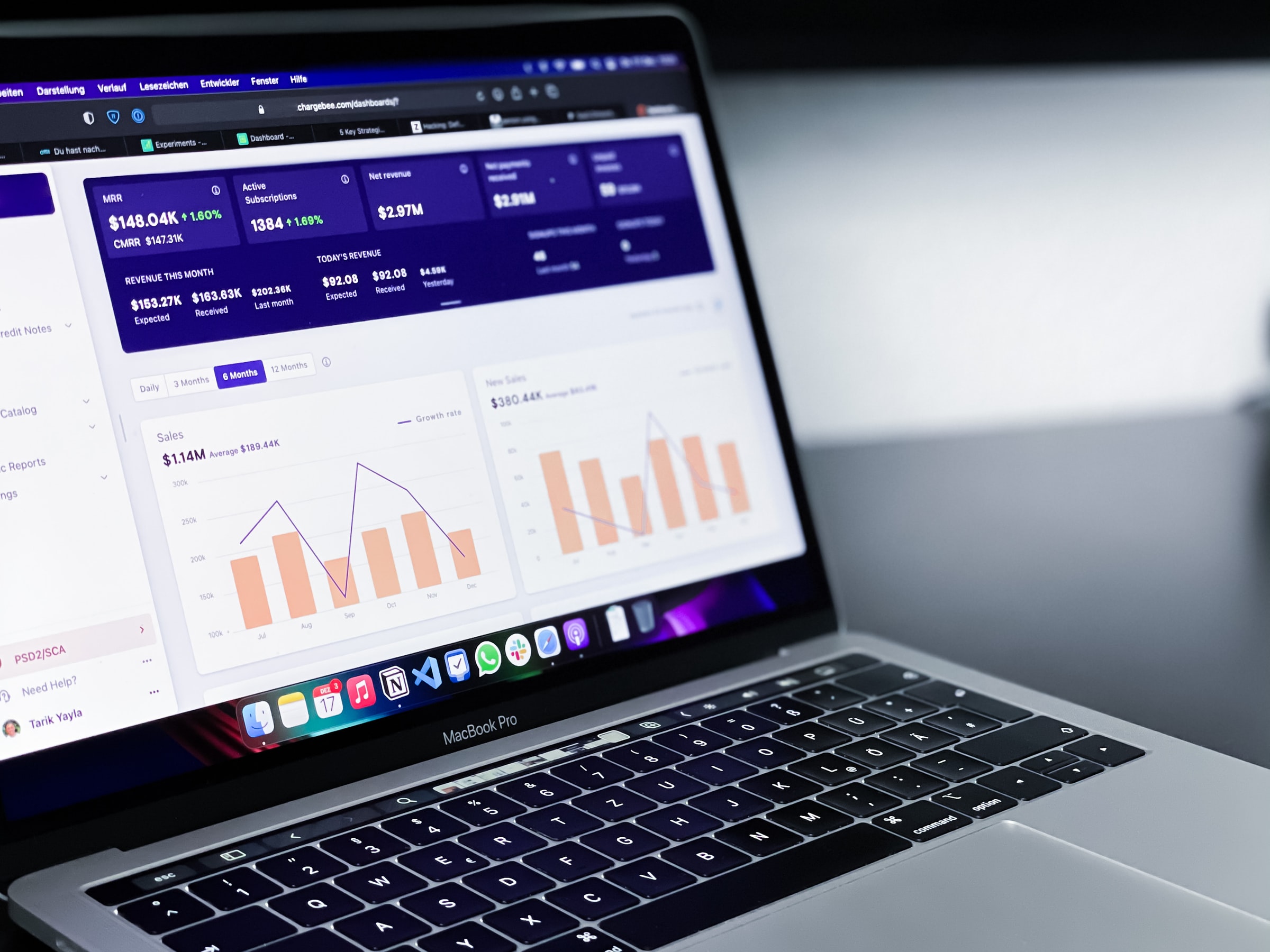Have you ever heard of brandjacking, specifically its manifestations, on search engines? If your answer is no, believe me, you are probably not the only one. Several hundred million dollars are diverted from search budgets each year in the United States without brands being truly aware of this phenomenon.
In the United States, advertisers and digital marketers still don’t seem to be fully aware of this widespread phenomenon. The paradox is that it would cost them every year, at the very least, several hundred million dollars, not to mention the serious damage to their image and reputation. So, without further ado, let’s dive into this blog and learn some of the things you need to know about brandjacking.
1. Understanding brandjacking applied to search engines

The expression “brandjacking” is the result of the association between the words “brand” and “hijacking”. It refers to brand parasitism, i.e., the use of a brand for fraudulent, parodic, or commercial purposes. Any element of digital communication- a hashtag, a news item, a website- is potentially a target for brandjacking. On search engines, brandjacking consists in buying the keywords of a third party’s brand to make its ads stand out without having the authorization or legitimacy to do so.
We easily count between 50 and 400 different advertisers using the same brand terms. Depending on the brand’s sector of activity, between 30% and 80% of these advertisers are unauthorized resellers. For some brands that we accompany on search, this can represent 80% of the advertisers positioned on their terms, i.e., between 400 and 500 illegitimate results offered to the Internet user!
2. The first consequences: jeopardizing one’s brand and wasting money
Brands take years and invest a lot of resources to spread their image, promote their values, and gain notoriety. Unfortunately, these efforts can nowadays easily fall by the wayside if no action is taken against brandjacking. If brandjacking is often used by unscrupulous competitors wishing to If brandjacking is often used by unscrupulous competitors wishing to capture Internet users in search of similar products, it is not uncommon either for it to be the weapon of fraudsters or pirates.
The first ones propose counterfeit products by pretending to be official sites. The latter attract Internet users by proposing attractive offers with, in the end, forms to fill in to steal their data. The impact on the brand’s image can be disastrous! The damage for brands is also financial: not only is part of their investment neutralized by an inevitable loss of visibility for their campaigns, but the costs of their SEA devices tend to rise.
The reason is simple: the more one bids on a term, the higher its price. As the cost-per-click (CPC) pressure on branded terms increases, the return on investment (ROI) will also drop. It is estimated that 30% of the amount invested in search engine marketing (SEM) is actually lost to illegitimate advertisers. The calculation hurts when you remember that nearly 2.5 billion dollars are spent each year in the United States to enable brands to occupy the best positions on search engines!
3. The more than the ambiguous role of search engines in this case

Intellectual property rights protect registered trademarks. Only advertisers authorized by the trademark owner can use them, including for digital communication and promotion purposes. Google seems to be very aware of this! On paper, the search engine restricts the use of trademarked terms in SEA in order to protect them, specifying, for example, that they must not be used for competitive purposes or mislead the Internet user.
But the reality is quite different because, in practice, the search engine does not impose any control! Why should it bother to do so if no one can hold it responsible for that? Since the adoption of the European directive on electronic commerce in June 2000, transposed into American law in 2004 by the law for confidence in the digital economy, the responsibility of hosters with regard to the content conveyed by the users of their services has been considerably lightened.
Moreover, since 2010, jurisprudence has been formed in this same direction: Google should not be held responsible for what is practiced in terms of advertising on its search engine because being a host has a passive and not an active role in this situation. Since search engines are not responsible, in case of a dispute, the brand is obliged to sue each unauthorized or malicious advertiser, one by one…
4. A single watchword: monitoring
Companies must constantly monitor the web to check the use of their brands and intervene if necessary. Many tactics can be used to curb brand free-riding when it occurs without facing years of legal proceedings. This is true for all communication channels- websites, social networks- and especially for search engines, the main windows, and points of contact with Internet users, where the stakes, both financial and immaterial, are the highest.
Sound off in the comments section below, and tell us what you want to read next and if you want to read more about brandjacking.



